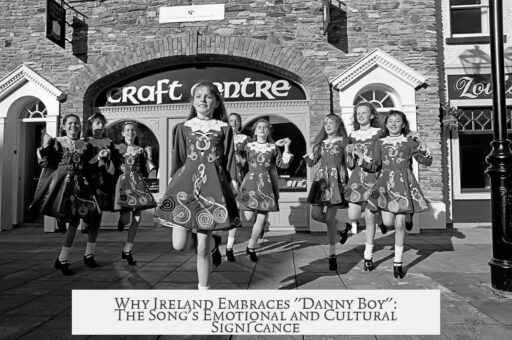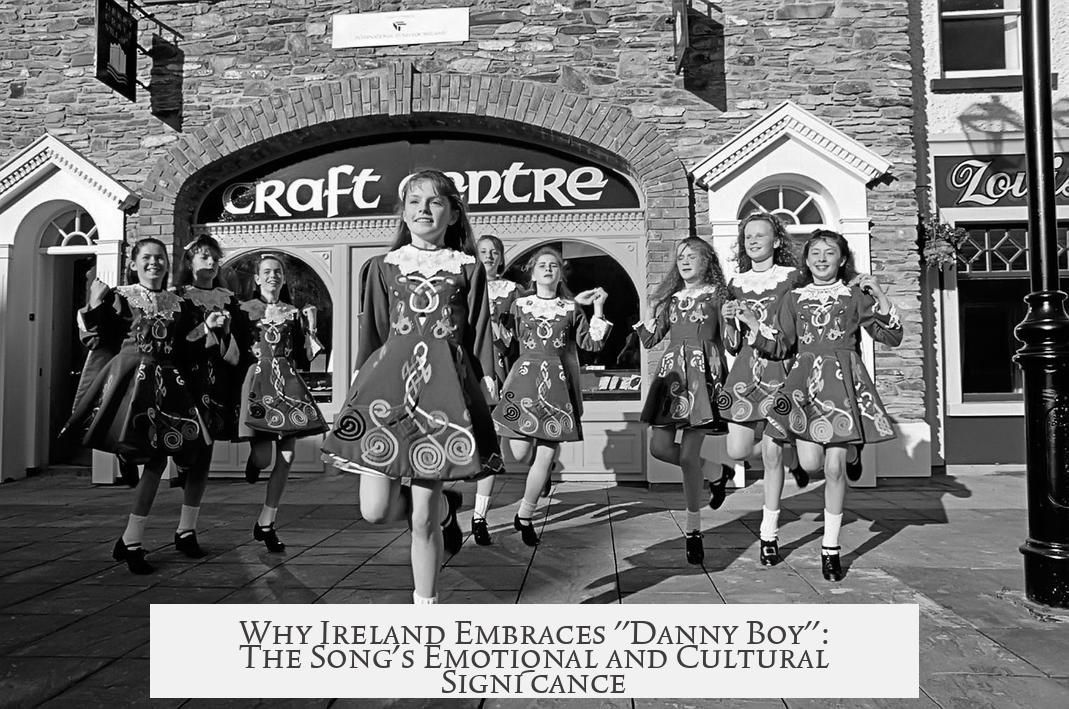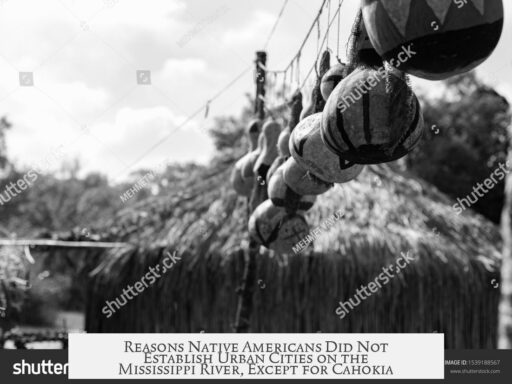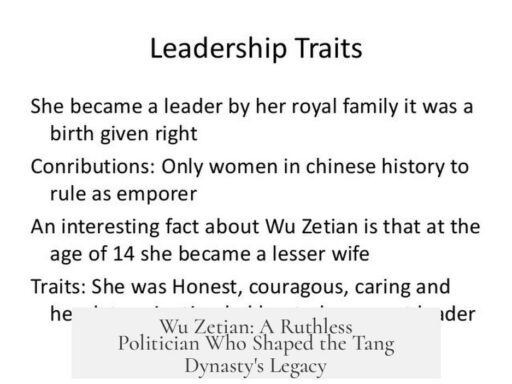“Danny Boy” is considered an Irish song because Irish folk music embraces syncretism, blending influences beyond strict origins, and because listeners and performers have embraced the song culturally. It holds deep emotional resonance within Ireland despite its author, Frederic Weatherly, likely never having visited Ireland.
The song’s Irish identity rests less on its origin and more on how it is received. Folk music is defined by the people who sing and cherish it—not solely by where it was first written. This explains why songs like “Dirty Old Town,” written by an Englishman but popularized by Irish bands, are also deemed Irish folk songs.
Irish traditional music has long absorbed influences, particularly from Scotland. The musical and lyrical borders between Ireland and Scotland blur; many tunes and ballads travel freely across regions. Instruments like the violin and concertina are used in both traditions, making “Irish” music a fluid category. Songs such as “I’m A Rover” and “Carrickfergus” share lyrics and themes that cross these boundaries, highlighting how intertwined the traditions are.
Luke Kelly’s performances of these songs showcase their syncopated Scottish and Irish roots, with similar phrases and shared characters, such as “Molly Bawn,” a distinctly Irish figure appearing in songs with mixed origin stories. Even Scottish folklorists seemingly accept the Irish connection, illustrating the mutually shared folk heritage.
Frederic Weatherly, who wrote the lyrics to “Danny Boy,” had an uncertain relationship with Ireland and is widely believed never to have visited. Despite this, he adapted the song to the traditional Irish tune “Londonderry Air,” a melody deeply embedded in Irish culture. The tune’s melancholic melody and themes of longing, parting, and hope resonate powerfully with Irish history, emigration, and loss experiences.
The Irish public’s embrace of “Danny Boy” highlights how cultural significance outweighs strict provenance. Irish folk music is inherently porous and syncretic, incorporating and reinterpreting songs that emotionally speak to the community. This dynamic accounts for why “Danny Boy” is so beloved and firmly identified as Irish, even though its author was English and some of its origins are shared with Scotland.
| Aspect | Explanation |
|---|---|
| Folk Song Definition | Determined by listeners and cultural adoption, not solely by songwriter nationality |
| Irish-Scottish Musical Overlap | Shared tunes, lyrics, and instruments blur national boundaries in folk music |
| Frederic Weatherly’s Role | English lyricist who paired his words with “Londonderry Air,” an Irish melody |
| Cultural Resonance | Song themes of farewell and longing resonate deeply with Irish emigrant experiences |
Because “Danny Boy” fits naturally into this shared musical tradition, it has become a staple of Irish cultural expression. Its emotional depth and lyrical themes echo the collective sentiments of the Irish people.
- The song’s Irish identity arises from cultural adoption by listeners and performers.
- Irish and Scottish folk music traditions share many overlapping features.
- Frederic Weatherly wrote the lyrics but likely had no personal Irish ties.
- The tune “Londonderry Air” grounds the song in Irish musical tradition.
- Emotional themes connect strongly with Irish experience, aiding its embrace.
From Glen to Glen, and Down the Mountainside: Why Has Ireland Embraced the Song “Danny Boy”?
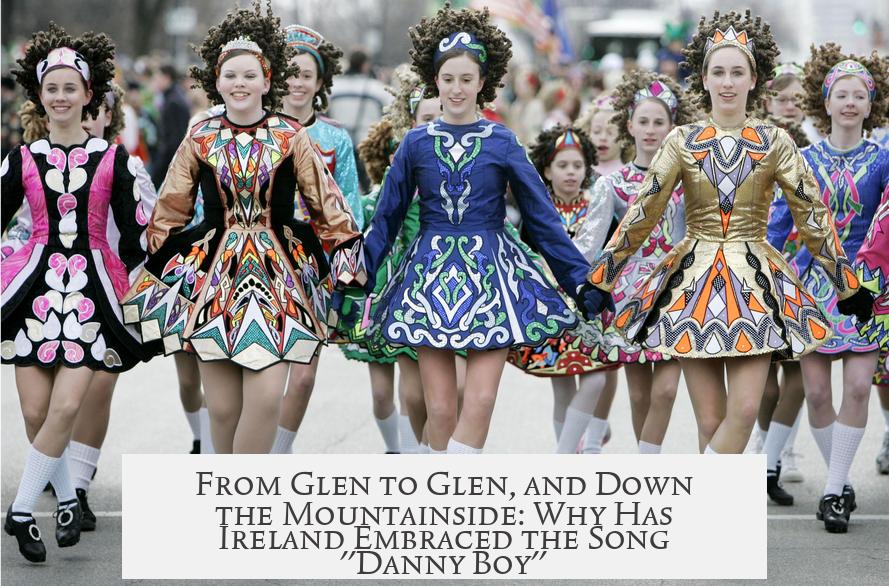
“Danny Boy” feels like an Irish anthem, yet it wasn’t penned by a local. So, why has Ireland embraced this song so fully? The answer lies in the fluid, welcoming nature of Irish folk music traditions and how listeners define what’s truly “Irish.”
At first glance, this is puzzling. Frederic Weatherly, the songwriter, likely never stepped foot in Ireland. The lyrics don’t plainly shout “Ireland!” either. Yet, if you wander through pubs in Dublin, Cork, or Galway, you’ll hear “Danny Boy” echoing from eager voices. Why?
Why Does Ireland Claim “Danny Boy”?
Irish folk songs don’t need to be born in Ireland to feel Irish. That might surprise some purists, but it’s a reality rooted in cultural exchange and perception.
Take the song “Dirty Old Town,” for example. Written by Ewan MacColl, an Englishman with Scottish roots, it’s about an English town. Yet Irish folk bands like The Dubliners and The Pogues have made it a staple of Irish music. That’s a powerful illustration of how the consumer defines “Irishness” more than the creator’s origin.
Folk Music Is About Feeling, Not Borders
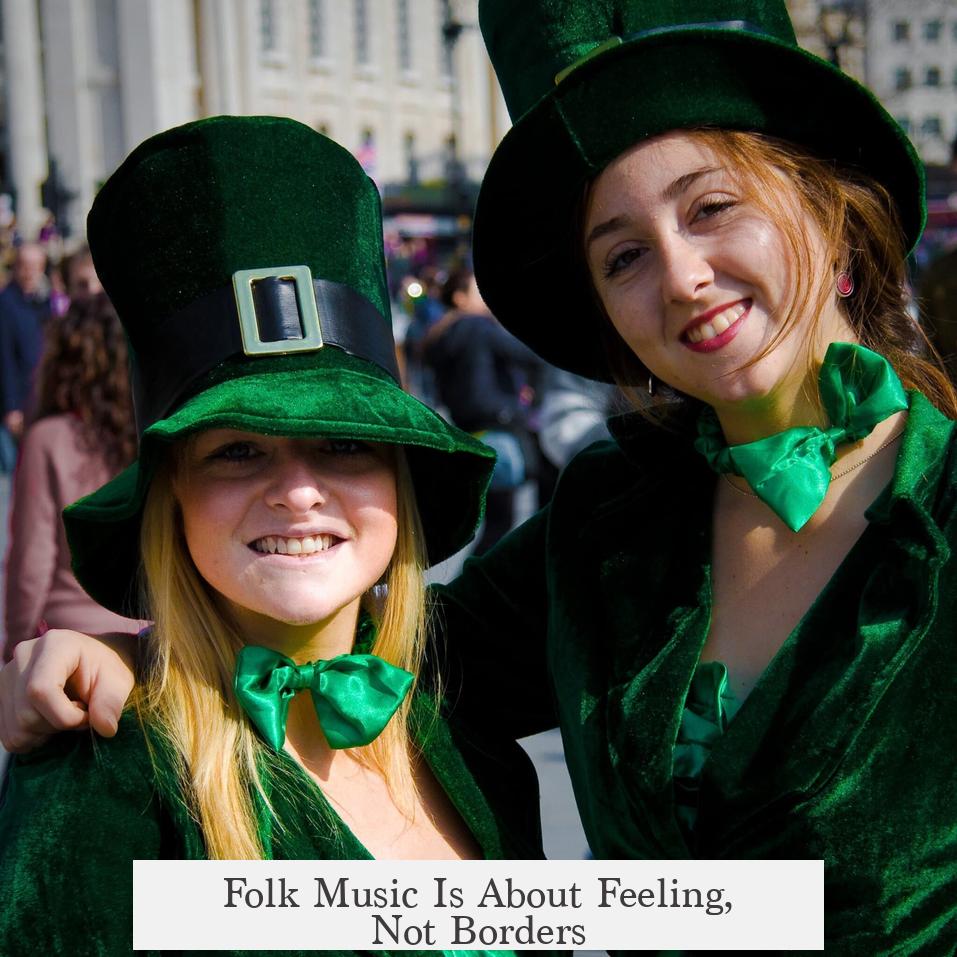
Folk music, by its nature, is syncretic—it blends, borrows, and migrates across places and peoples. This isn’t unique to Ireland. Look across the Atlantic to America, where folk traditions hail from Native Americans, Mexican-Americans, and Cajuns, yet all fall under the American folk umbrella.
Similarly, many Canadian artists like Drake or Justin Bieber, while not American, are often swallowed up by the broader “American music” category because of cultural proximity and reception.
This syncretism matters. It blurs the lines between Irish and Scottish music traditions, especially. Instruments like violins, concertinas, and bouzoukis are embraced in Ireland’s folk scene, even though they originated elsewhere. The music passed freely back and forth across those Celtic islands for centuries, creating a shared heritage that resists neat categorization.
For example, Luke Kelly’s performances perfectly illustrate this blend. In songs like “I’m A Rover,” he slips effortlessly between Irish and Scottish influences, accent and all. The lyrics echo across borders, blending stories from both countries. “Molly Bawn,” a famous Irish ballad, appears in tunes whose origins might be Scottish or English but are intertwined within the Irish tradition.
Frederic Weatherly’s song, set to the traditional Irish melody “Londonderry Air,” found its perfect home in this fluid musical landscape. Weatherly’s connection to Ireland, as far as records suggest, is tenuous at best. Yet the melody and heartfelt lyrics strike a deep chord in Irish people’s hearts.
The Heart of Irish Music: Listener Perception
Ultimately, Irish folk music is defined less by who wrote the song or where it comes from, and more by who embraces it and why. If a song resonates emotionally, touches on universal themes like longing, love, or loss, it can become “Irish” in the public consciousness.
“Danny Boy” fits squarely in Ireland’s collective heart because it expresses universal feelings through an Irish lens—the wistful longing for home, the pain of separation, the tender farewell to a loved one. That emotional core is more important than strict national origin.
What Can We Learn From This?
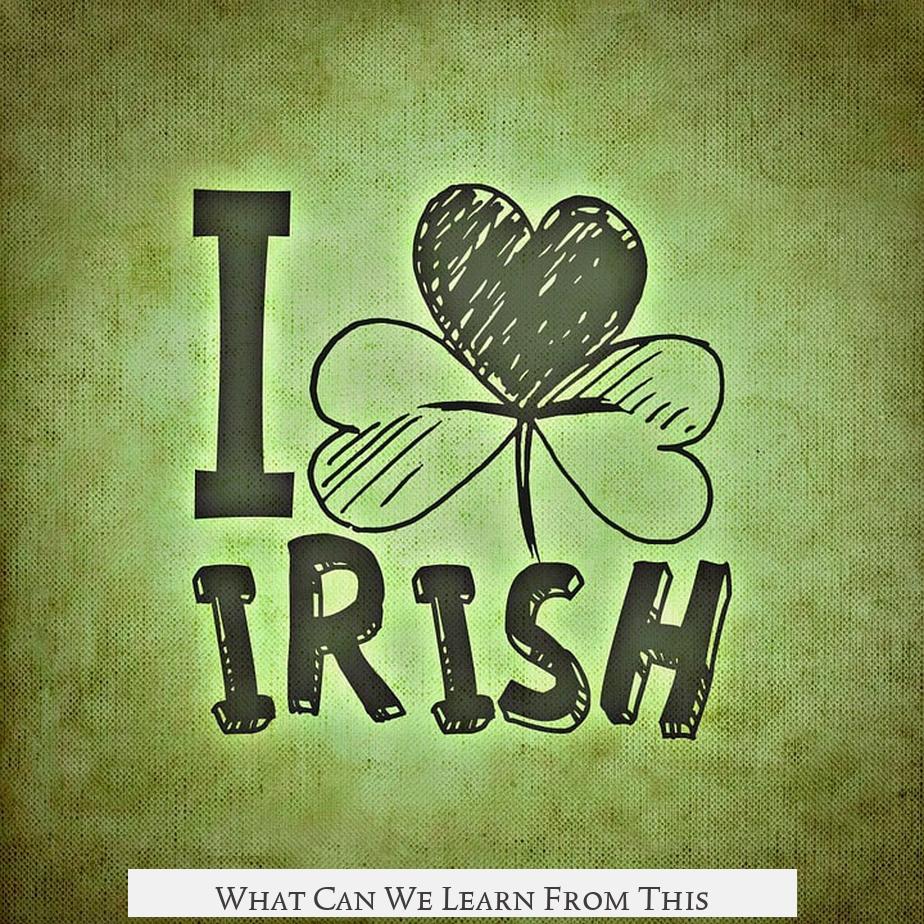
| Key Idea | Explanation | Example |
|---|---|---|
| Syncretic Tradition | Irish music absorbs influences from neighboring cultures, blurring strict borders. | Luke Kelly’s mix of Scottish and Irish songs. |
| Listener-Defined Identity | The listener decides what feels Irish, not the composer’s nationality. | “Dirty Old Town” seen as Irish despite English origins. |
| Emotional Resonance | Universal themes connect deeply with Irish cultural memory. | “Danny Boy” sings of longing and farewell, key Irish sentiments. |
Practical Takeaway: What Makes A Song Truly Irish?
- Origin matters less than adoption and emotional connection.
- A song can cross borders, instruments, and accents and still feel Irish.
- Singers and listeners co-create the identity of folk songs.
- Embracing non-Irish songs enriches the Irish folk tradition.
It’s a little like fashion trends: no one asks who invented skinny jeans once they fit perfectly. “Danny Boy” fits the soul of Ireland’s story.
Looking Beyond Borders

What if other cultures could be this flexible? Imagine a world where songs are judged by how they make people feel rather than their documented birthplace. It would deepen connections across nations. This is folk music’s secret power.
I once spoke with an Irish folk musician who called “Danny Boy” “Ireland’s universal farewell.” Whether at a wedding or a funeral, it connects people to their roots and each other. Isn’t that what music should do?
In Conclusion
“Danny Boy” is Irish because Ireland made it so. Its syncretic musical roots, emotional weight, and public embrace transform it. The song’s journey from glen to glen and down the mountainside mirrors its voyage into Ireland’s cultural heart.
So, next time you hear the opening line, “Oh Danny Boy, the pipes, the pipes are calling,” remember: it’s not just a song. It’s a living piece of Irish identity, shaped by history, emotion, and the power of collective experience.
